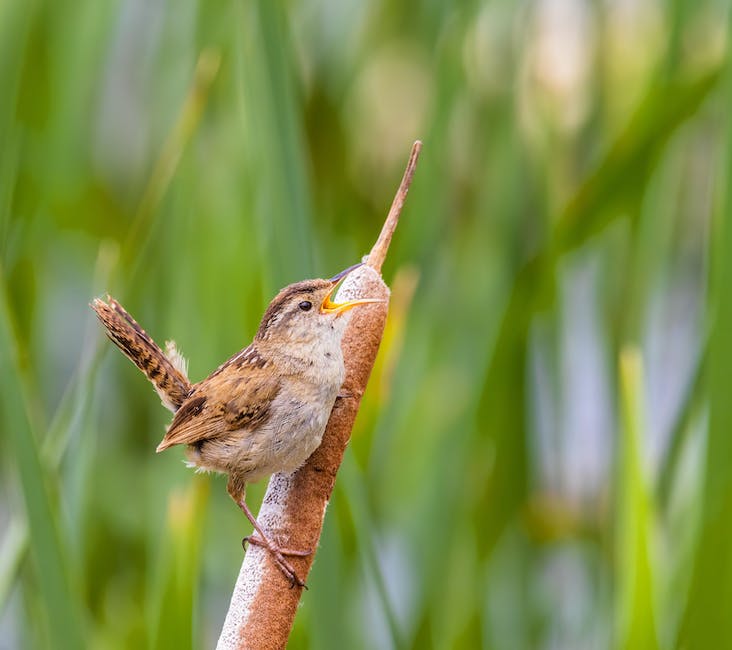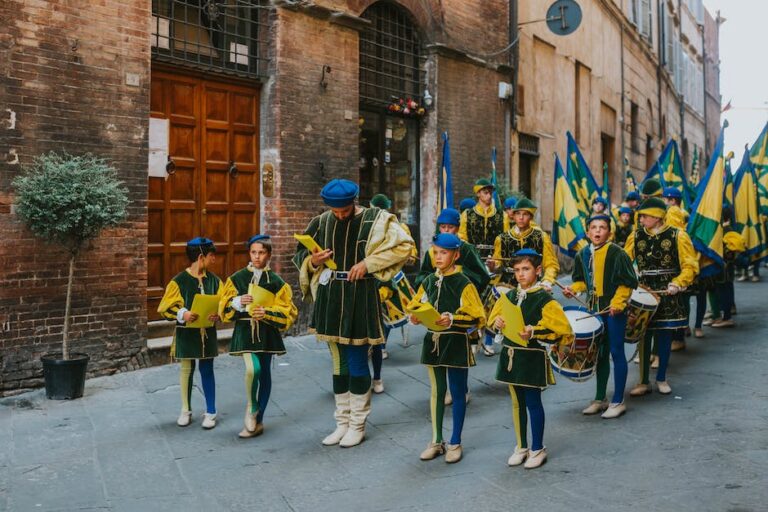The Art of Qawwali Singing: Techniques and Characteristics
Qawwali is a type of devotional singing that has its roots in the Islamic Sufi tradition. Its origins can be traced back to the 13th century in the Indian subcontinent. The term “qawwali” itself is derived from the Arabic word “qaul”, which means “word” or “saying”. Qawwali is known for its powerful and emotive style and is often performed at Sufi shrines, religious festivals, and other cultural events.
The origins of qawwali can be attributed to the famous Sufi saint Hazrat Amir Khusro, who is considered the father of qawwali. He used music as a means of expressing his devotion and spreading the message of Islam. Over time, qawwali evolved and became popular in the Indian subcontinent, gaining a strong following in regions such as Uttar Pradesh and Delhi, as well as in Pakistan.
Qawwali is often associated with the Chishti Sufi order, which has a strong presence in South Asia. The music is said to have originated as a form of Sufi meditation, with the repetitive chants and rhythms helping to induce a trance-like state in the listener. Today, qawwali is still performed at Sufi shrines, where it is seen as a means of connecting with the divine.
Musical Instruments Used in Qawwali
Qawwali music is characterized by its use of traditional musical instruments, including the harmonium, tabla, dholak, and the sarangi. The harmonium is a type of keyboard instrument that produces a distinctive sound and is often used to provide the melodic framework for the music. The tabla is a set of drums that are used to provide rhythm, while the dholak is a double-headed drum that provides a deeper percussion sound.
The sarangi is a stringed instrument that is used to provide a melodic accompaniment to the singing. It is known for its resonant, rich sound, and plays an important role in the overall sound of the qawwali performance. Other instruments that are sometimes used in qawwali include the sitar, the flute, and the clarinet.
Importance of Lyrics and Poetry
Qawwali is characterized by its poetic and highly expressive lyrics, which often have a strong spiritual or religious message. The lyrics are typically written in Urdu or Punjabi, although they may also be in other languages spoken in the region. The poetry is often complex and metaphorical, and is designed to convey deep spiritual and emotional truths to the listener.
The themes of qawwali poetry vary, but often include love for God, devotion, and the search for inner peace and enlightenment. The lyrics are often drawn from the works of famous Sufi poets such as Rumi, Amir Khusro, and Baba Bulleh Shah, and are valued for their beauty, depth, and spiritual insight. The poetry of qawwali is seen as a means of connecting with a higher power and has a profound impact on those who are drawn to this type of music.
Techniques for Performing Qawwali
Qawwali music is characterized by its high energy, emotional intensity, and powerful vocals. To perform qawwali, singers must master a range of vocal techniques that allow them to express the full range of emotions and spirituality in the lyrics. One of the most important techniques is called “taan”, which involves singing complex, fast-paced melodies in a rapid-fire manner.
Another important technique is known as “azan”, which involves the singer stretching out certain syllables or words to create a sense of longing or yearning in the music. Qawwali singers also use a variety of ornaments such as vibrato, glissando, and trills to add expression and feeling to their singing.
In addition to mastering vocal techniques, qawwali singers must also have a deep understanding of the poetry and lyrics of the music they are performing. They must be able to convey the meaning and emotional impact of the music to effectively communicate the message of the song to the audience.
Traditional Qawwali Singers and Their Legacy
Over the years, qawwali has produced a number of legendary performers who have left an indelible mark on the genre and inspired countless musicians around the world. Some of the most famous qawwali singers include Nusrat Fateh Ali Khan, Sabri Brothers, and Aziz Mian.
Nusrat Fateh Ali Khan is widely regarded as one of the greatest qawwali singers of all time. His powerful and emotive voice, combined with his mastery of vocal techniques, helped to bring qawwali music to a wider audience around the world. The Sabri Brothers, also known as the “rock stars of qawwali”, were known for their high-energy performances and fusion of traditional qawwali with other musical genres such as jazz and rock.
Aziz Mian was another legendary qawwali singer, known for his powerful vocals and masterful use of vocal techniques. His music explored themes of spirituality, devotion, and the search for inner truth, and his legacy continues to inspire new generations of qawwali singers around the world.
Modern Innovations in Qawwali
While qawwali has a rich history and traditional roots, it has also undergone significant innovation and transformation in modern times. Today, qawwali music continues to evolve and adapt to new audiences and cultural contexts, with new artists bringing fresh perspectives and innovative approaches to the music.
One notable development in modern qawwali is the fusion of qawwali with other musical genres like hip-hop, electronic music, and rock. This fusion has resulted in a new sound that appeals to younger generations and has helped to bring qawwali to a wider audience around the world.
In addition to musical fusion, modern qawwali has also seen an expansion of the role of women in the genre. Female qawwali singers, who were traditionally excluded from the male-dominated genre, have begun to emerge as powerful and respected performers in their own right.
Another innovation in contemporary qawwali is the incorporation of new themes and lyrical content. While traditional qawwali focused primarily on spirituality and devotion, modern qawwali has embraced a broader range of themes, including social justice, human rights, and political commentary.
Qawwali’s Cultural Significance in South Asia
Qawwali occupies a significant place in the cultural landscape of South Asia, where it is seen as an important cultural expression of the region’s rich history and tradition. Qawwali is often performed at cultural events, religious festivals, and weddings, and is enjoyed by people of all ages and backgrounds.
Beyond its cultural value, qawwali also has an important social and political significance. The music is often used as a means of promoting unity, communal harmony, and religious tolerance, and is seen as an important tool for promoting peace and understanding in a region that has been fraught with conflict and violence.
Qawwali has also played an important role in the cultural and political history of South Asia. During the Indian independence movement, qawwali was used as a means of expressing resistance to British colonialism and promoting nationalism and freedom. Even today, qawwali remains a powerful symbol of cultural identity and resistance in the face of oppression and marginalization.







